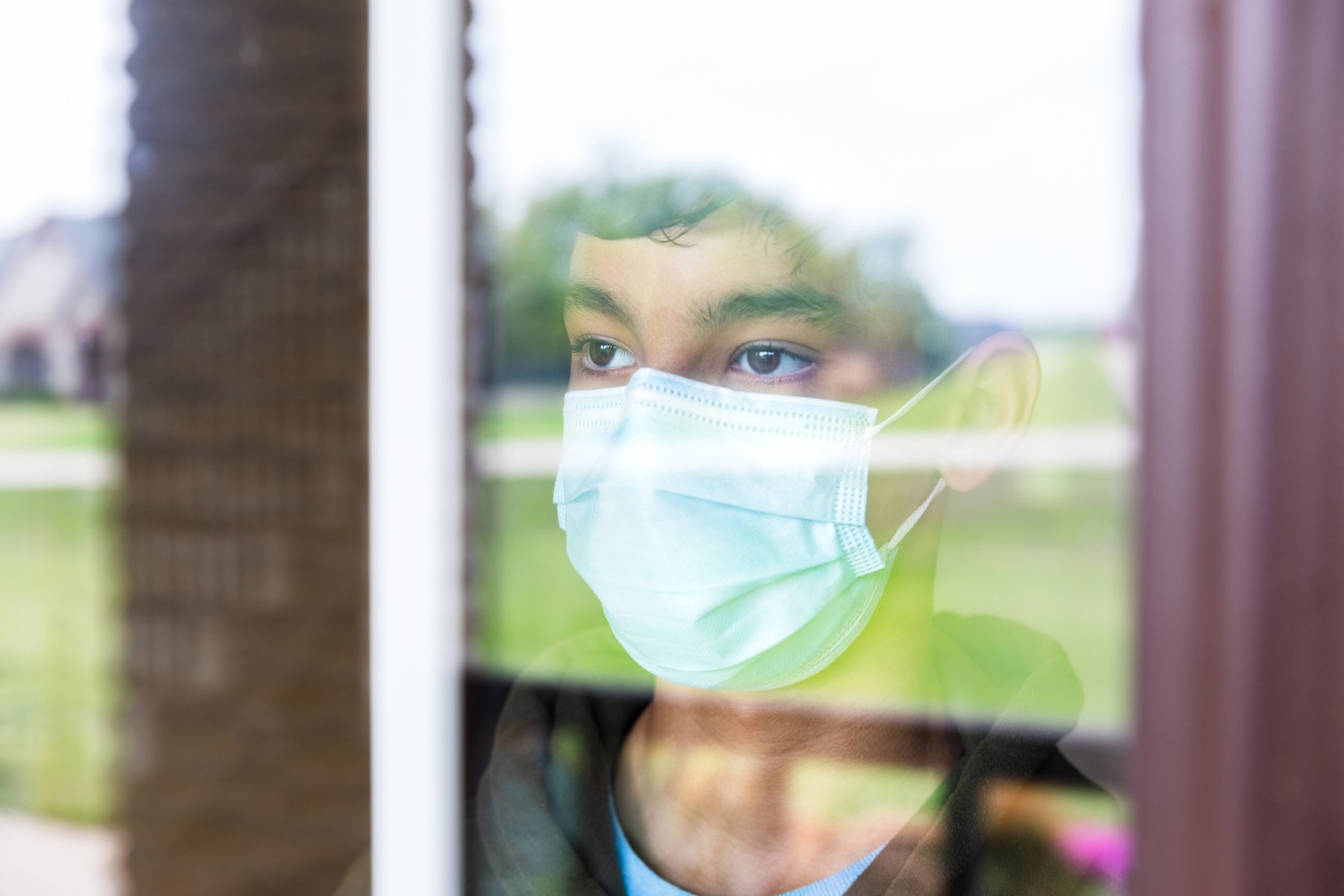Pandemic has made young people more depressed, research finds
A new study measuring the impact of COVID-19 on the wellbeing and mental health of adolescents has found that the pandemic has made them more depressed and less satisfied with their lives.
Despite widespread concern about the impact of COVID-19 on adolescent mental health, little research has been done before now which could attribute any changes directly to the pandemic - the study aimed to address this gap in knowledge.
Researchers from The University of ���۴�ý, University College London, University of Dundee and the Anna Freud Centre surveyed thousands of school pupils aged 11-15 about their mental health before the pandemic, and followed up with them afterwards.
Online surveys were completed by the young people which asked them to identify with phrases including “I feel lonely”, “I hit out when I’m angry” and “my life is going well”.
They found that depressive symptoms were higher and life satisfaction scores lower in the young people surveyed midway through the pandemic, compared to the scores of those surveyed before the pandemic started.
Had the COVID-19 pandemic not occurred, the researchers estimate that there would be 6% fewer adolescents reporting high depressive symptoms
Analysis of the impacts also suggested that the negative impact of the COVID-19 pandemic on adolescent mental health may have been greater for females than males - the findings indicated that females exposed to the pandemic exhibited greater depressive symptoms, behavioural issues and lower wellbeing.
Given the widespread concern over rising adolescent mental health difficulties prior to the pandemic, our paper quantifies the additional impacts of the pandemic. A properly resourced, multi-level, multi-sector public health approach for improving adolescent mental health is necessary.
The paper is available to view in .
